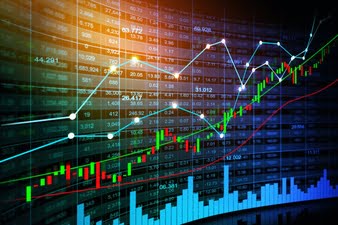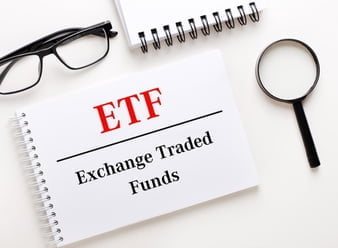How to Invest in Pandemic 2021?
by Abdul Aziz Mondal Investing Published on: 15 May 2021 Last Updated on: 27 December 2024

2020 was a shock not only for the financial world but for the life of virtually everyone on the globe.
The stock market collapse in the coronacrisis; the pullback of stock indices to the levels of the Great Depression; excessive market volatility on expectations of US presidential elections and anti-coronavirus vaccination, as well as macroeconomic changes – all this makes experienced speculators monitor the news and look for new assets in order to diversify their portfolios.
In this article, I have collected several working schemes of work in financial markets in 2021.
Investments in currencies:
The Forex currency market is a financial market where currencies are traded Monday through Friday every week 24 hours a day. For some, this is just a way to exchange one currency for another (this option is widely used by transnational companies that have offices in a number of countries).
However, this market is also inhabited by traders who make money on currency moves. Anyone can open an account at a Forex broker and trade the whole range of world currencies.
Advantages and drawbacks of currency investments:
An obvious advantage of Forex trading is a wide choice of instruments and relative simplicity of work with this type of asset. The availability of news that influences currency moves increase the attractiveness of such investments because even minor private investors can analyze the information flow and make exact forecasts based on them.
The main drawback of trading in currency is their high volatility that depends not only on economic news but also on events that have little to do with finance. This makes the current trend hard to detect sometimes, even when fundamentally important data is published.
Investments in stocks:

Buying and selling securities has long been one of the most popular types of investments in financial markets. Meanwhile, stocks are among the most complicated assets to work with. These days, the shares of IT companies (Google, Microsoft included) have been enjoying vast popularity, alongside the shares of large international banks.
Advantages and drawbacks of investments in stocks:
The advantage of this type of investment is the widest choice of assets and trading styles so that you can pick up what is most suitable for you.
The drawback is the necessity to constantly monitor market events, especially if you trade shares of several companies simultaneously. If you miss some important news, you risk misinterpreting the real market situation and making wrong trading decisions.
Investments in market indices:
Investments in market indices are a curious alternative to buying normal stocks. Promising indices are the assets of the world’s most famous stock exchanges (in London, New York, Paris, and other large cities).
The value of each market index is constituted by the overall cost of the stocks it includes, and the average swing of price moves is used for detecting whether the index value grew or declined on this or that day.
Advantages and drawbacks of investments in indices:
As with stocks, this type of trading is quite complicated as long as you do not only need to have information about the stock indices and their contents but also constantly track the dynamics of the whole market.
However, this is not a problem for many investors: it is much easier to find information about economic events in a country on the whole than scan publications for news about a certain company.
Investments in ETFs:

An ETF, or Exchange Traded Fund, lets investors buy multiple shares or bonds in a pack. The money invested in an ETF is used for financing all of its participants. For example, if you buy an ETF for the S&P 500, your money will be invested in the 500 companies it includes.
Advantages and drawbacks of investments in ETFs:
ETFs, give access to various stocks, bonds, and other assets with minimal expenses. Such investments help to diversify risks; also, the pack of stocks included in an ETF is more liquid than in mutual funds.
The drawbacks of such investments are rather low profitability and a service fee – this is your payment for minimal risks.
Closing thoughts:
As you know, someone else always invests better. In fact, mostly your success depends on your experience: I recommend beginners start with studying the peculiarities of each market asset before choosing some for investment.



































































































